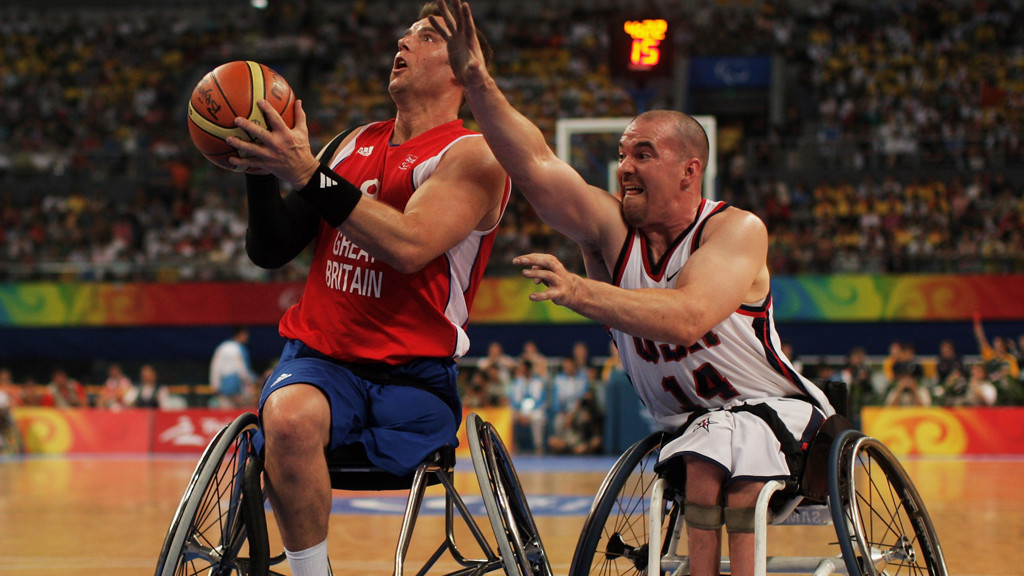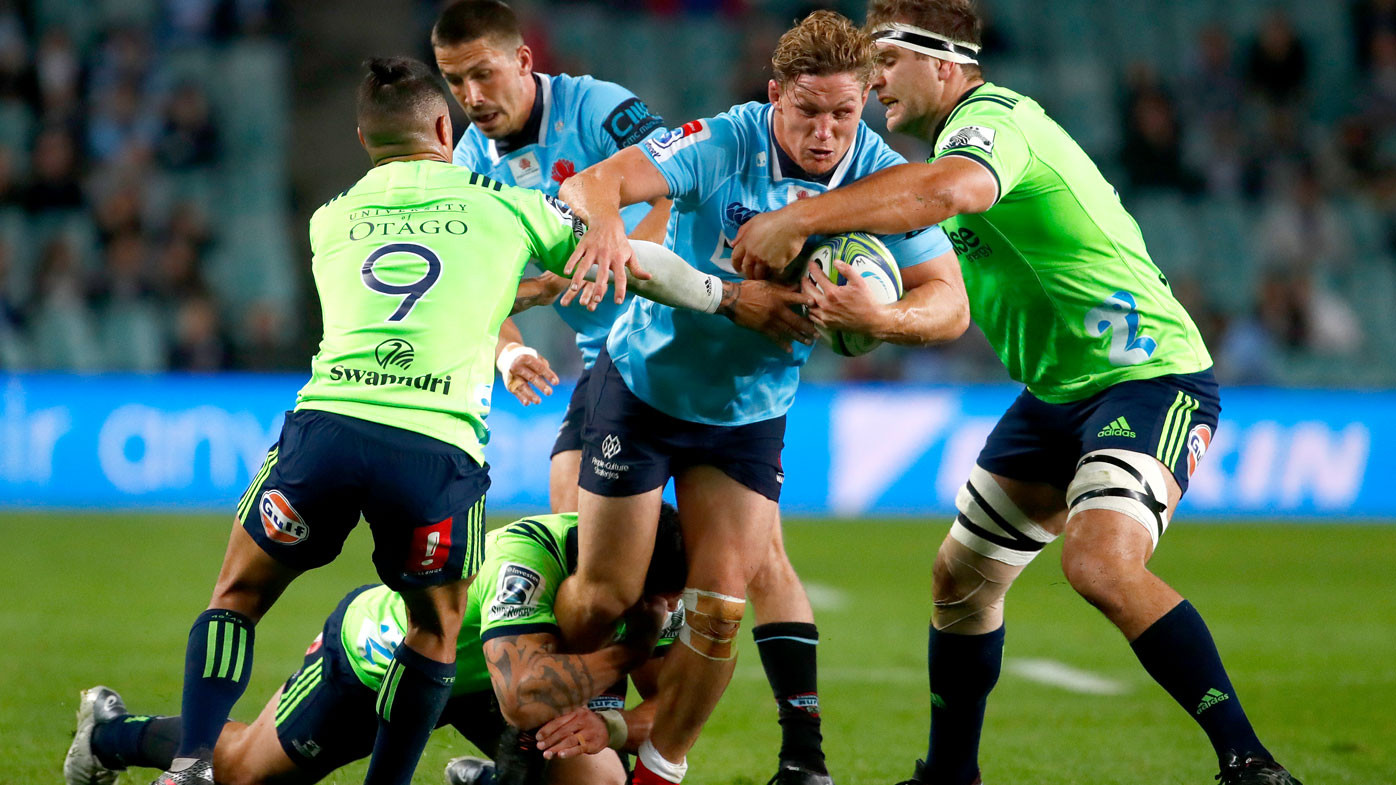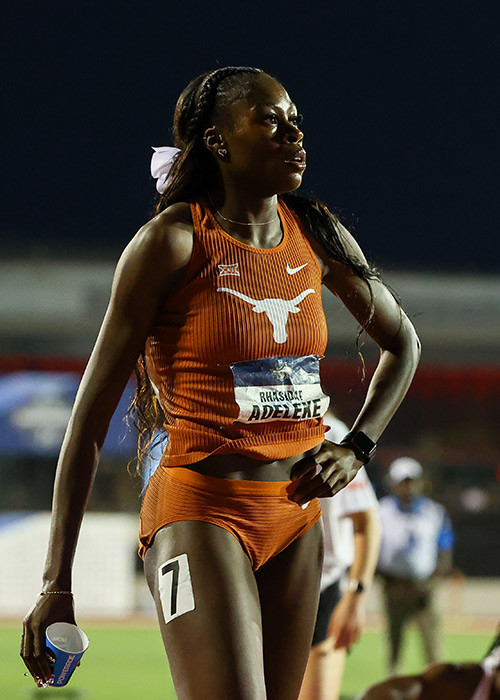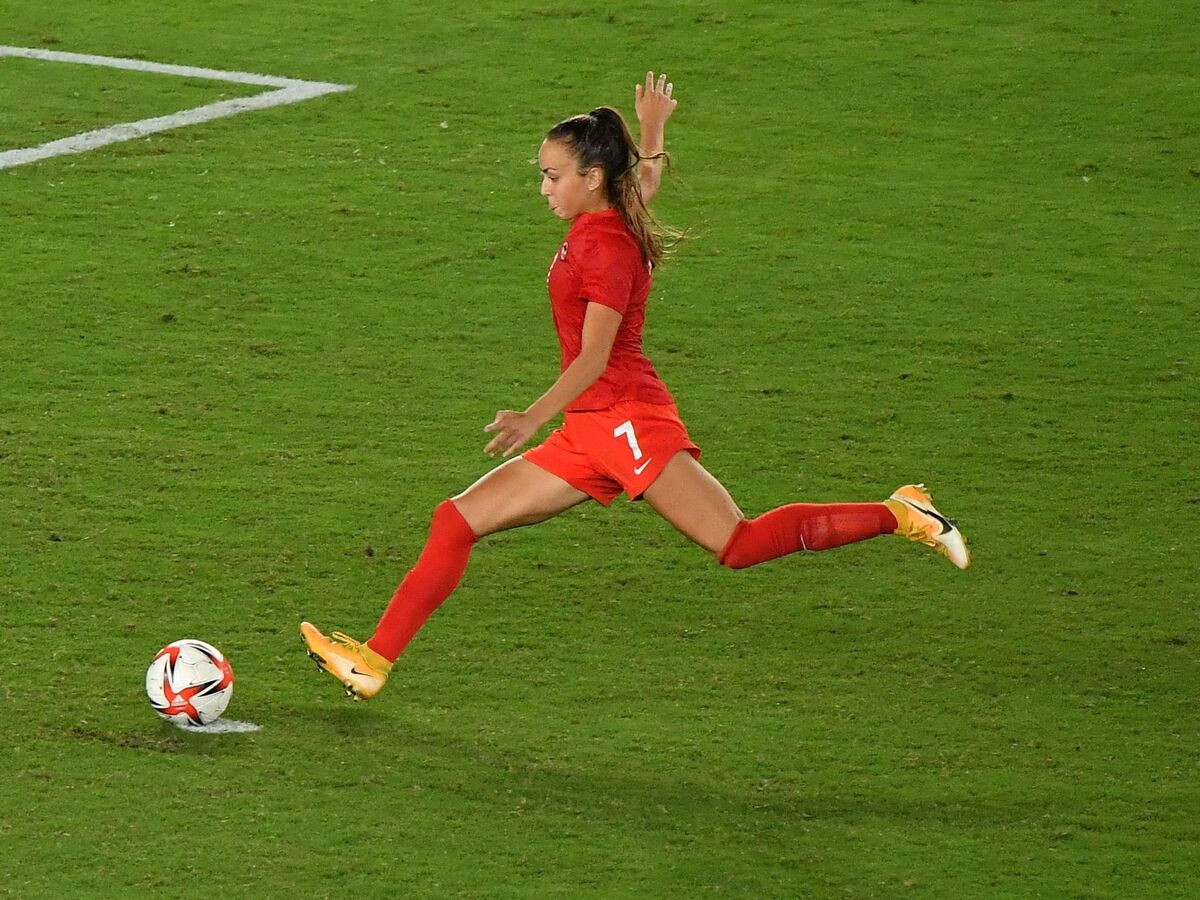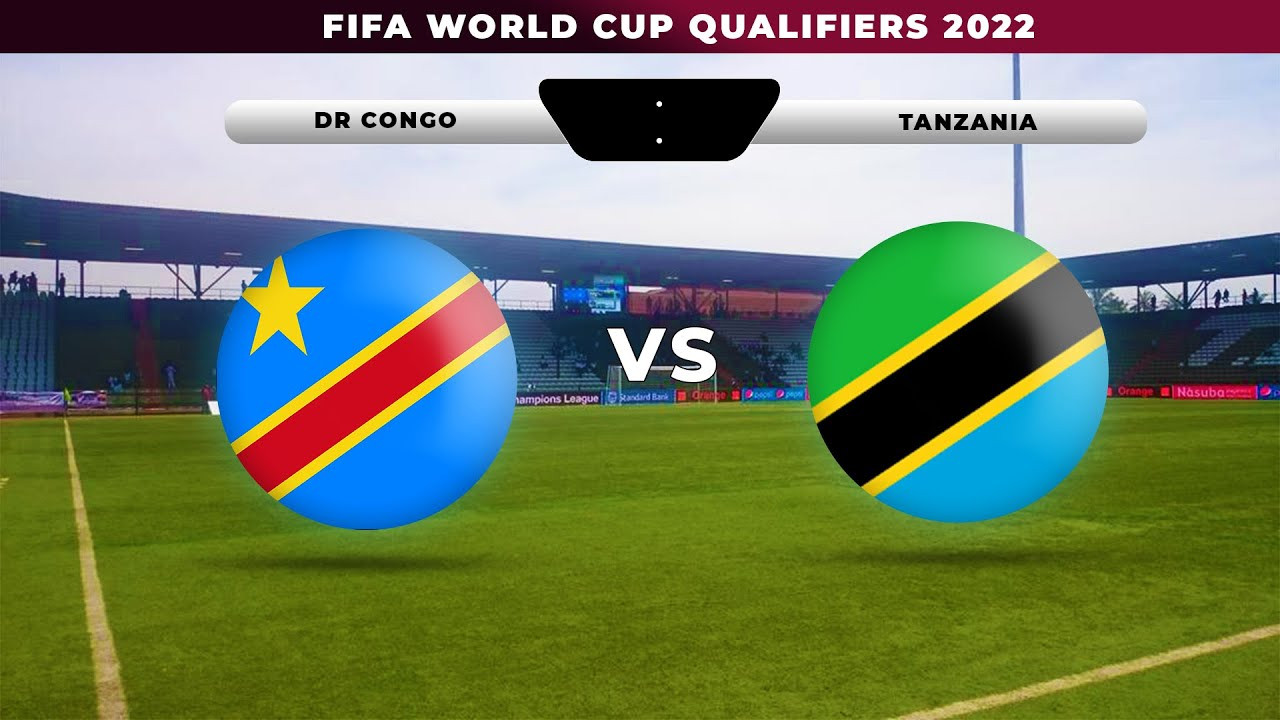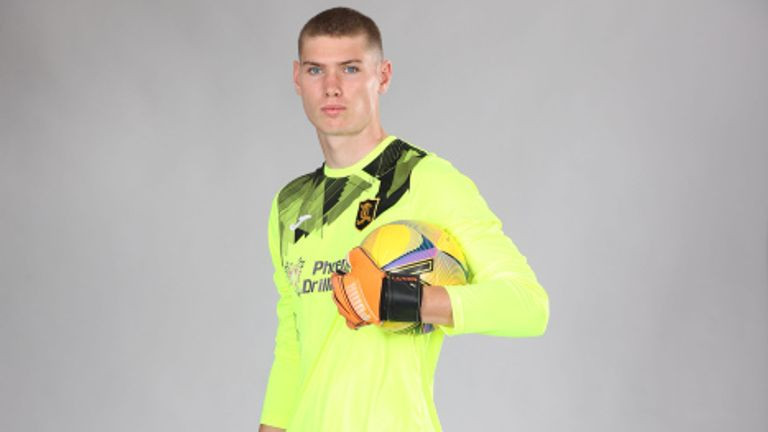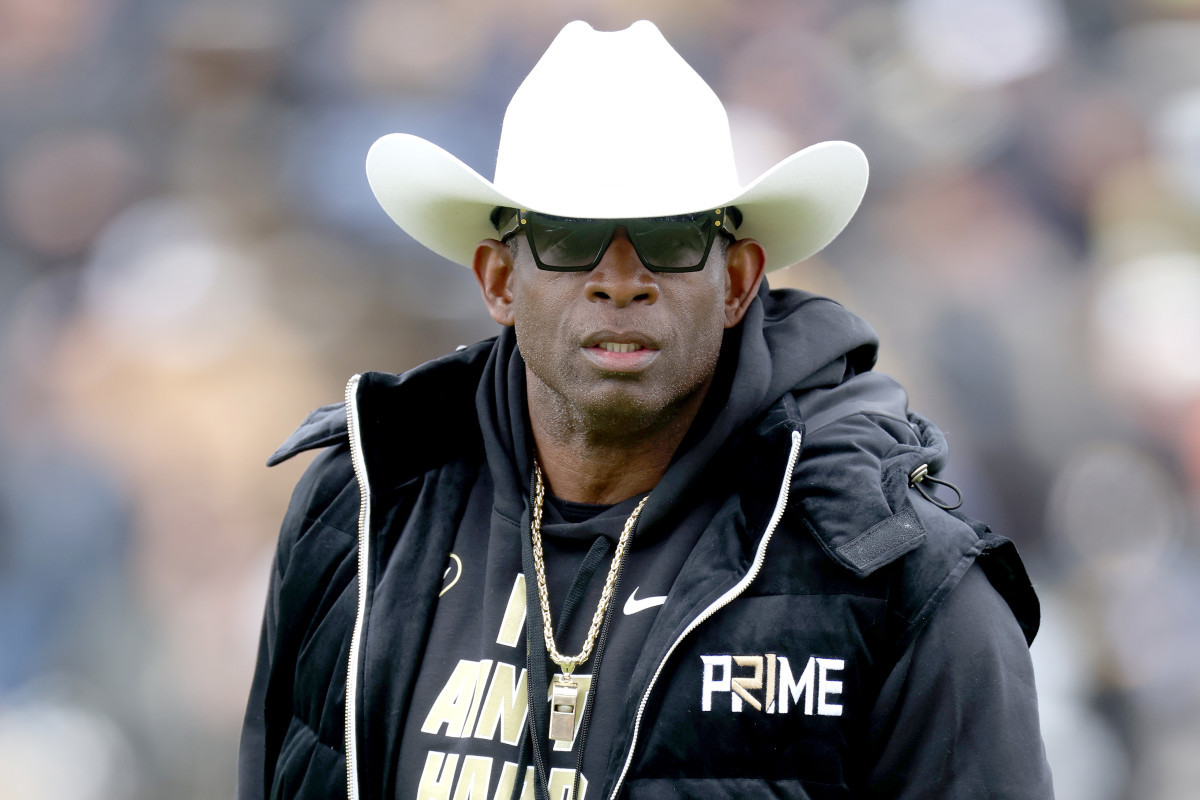Australian teenager Alex Saffy has provided one of the moments of the Paris Paralympics after an emotional post-swim interview on day six.
Saffy was overcome with emotional after claiming bronze in the 100m butterfly S10 final. He was one of two swimmers to claim bronze medals in the pool after Rachael Watson in the 100m freestyle S3.
Earlier, James Turner claimed 400m T36 gold in style, breaking the world record.
Paris: Freshly minted Australian Paralympic gold medallist James Turner has revealed he battled glandular fever that left him facing "waves of exhaustion", affected by "delirium" and struggling to walk in the months leading up to the Games.
And the athletics champion not only won gold in the men's T36 400m at the Stade de France on Tuesday, but shattered his own world record in the process.
He also won his third Paralympic gold medal from three Games, following triumphs in the 800m at Rio 2016 and the 400m at Tokyo 2020.
Turner, a 28-year-old with cerebral palsy, stormed over the finish line in 51.54 seconds, ahead of Kiwi silver medallist William Stedman (52.92) and Argentinian bronze medallist Alexis Sebastian Chavez (53.60).
He described his experience with glandular fever in raw detail and said he surprised himself in breaking the world record after such a gruelling battle, which affected him across May, June and July.
"I'd have waves of exhaustion where I could barely walk, I was stumbling around, a bit of delirium. I obviously wasn't able to train ... As soon as I'd start training I'd get worse, so we had to be really careful and come back really slowly," Turner told reporters.
"... We just had to get through it and do what we could on the day.
"I didn't think I'd be able to break a world record here today. I just thought maybe if I do everything right I can scrape across the line first."
Turner ran conservatively over the first 200 metres, ticking along in third place, but was quick to establish a sizeable lead after accelerating.
Beyond the finish line, the speedster thrust his arms above his head and roared with unbridled delight.
"It was just amazement that it happened," he said of how he reacted.
"I really wasn't expecting a world record. I didn't think I could do it.
"... It's a brilliant feeling. So much work not just from myself but all the team has gone into this, and to be able to bring it home for them is amazing."
Reflecting on what it was like to oversee Turner's build-up amid his battle with glandular fever, his coach described it as "maybe the hardest in my life".
"It's my medal number 71 and it's the hardest medal because James had glandular [fever] two months ago and I was with him at the training camp," Iryna Dvoskina told Nine's Todd Woodbridge.
"I locked myself with him for two months. Every second day we had a health [meeting] with an AIS [Australian Institute of Sport] doctor. He was guiding me on how I have to build up or back off our training, and I did it precisely. Every single day I was tweaking, changing, looking at his body language, and it just paid off."
Turner is now set for his T36 100m campaign, beginning at 4.22am on Saturday (AEST).
The speed demon from the coastal NSW town of Hallidays Point won silver in the 100m at the Tokyo Paralympics.
Sprinter James Turner has revealed how a debilitating bout of glandular fever nearly derailed his gold medal dream after he smashed his own world record to successfully defend his T36 400m crown.
Turner blitzed the field at the Stade de France on Tuesday, bettering his previous 51.71 world record which he set in Dubai five years ago.
The 25-year-old, who won the same race at Tokyo in 2021, finished with a time of 51.54.
His medal was one of three won by Australia on day six of the Games in Paris, with Rachael Watson (women’s 100m freestyle S3) and Alex Saffy (men’s 100m butterfly S10 picking up bronze.
Turner’s gold was Australia’s first on the track at this Games and he explained that his quest for glory had been on shaky ground when he was bowled over by glandular fever in May.
“I was struggling with it for a month and a half, two months … it really affects the training,” Turner said.
“You’ve got to build back up from zero and a lot of work from a lot of people went into it.
“I went through phases. I’d have waves of exhaustion, where I could barely walk and I was stumbling around, in a bit of delirium.
“I obviously wasn’t able to train and as soon as I’d start training, I’d get worse, so we had to be really careful and come back really slowly.
“I didn’t think I’d be able to break a world record here today. I just thought maybe if I do everything right, I can scrape across the line first.”
That he did, and Turner has now won gold in three back-to-back Paralympics and Canberra-based runner is set to compete in the 100m sprint too.
His one wish is that, like with his 400m victory, he is allocated lucky lane seven.
“When I heard that I got lane seven, I got a bit more confidence (because) every time I’m in lane seven at a major meet I break a world record,” Turner said.
“I am racing in the 100m as well … I’d like lane seven, it’s more important for the bends (in the 400m) but let’s see if we can get it.”
Turner’s gold was followed by bronzes for Watson and Saffy in the pool at La Defense Arena in the evening session.
Watson’s event was a new discipline and she will aim to defend her 50m freestyle crown later this week.
Saffy, meanwhile, was elated after leaving his family home in Bunbury in WA to further his career in Canberra.
The 18-year-old said he had considered his future in competitive swimming but that his new status as a Paralympic medallist was a welcome reward.
“I really questioned if everything in the in this sport was worth it for me, because I’ve doubted it a lot,” Saffy said.
“That medal is such relief.
“It’s crazy, it was three years of training for this and I’m very emotional, I’m just glad it’s over.”




